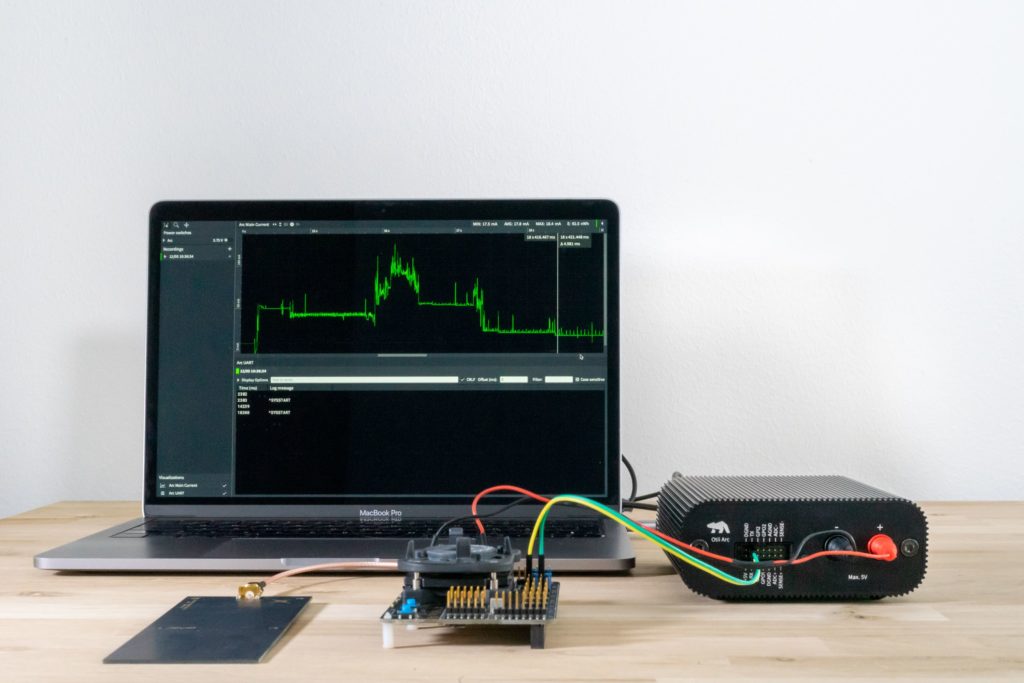Welcome to this week’s episode! We kick it off with a discussion of SmartThing’s new focus on the edge with local control and user-derived device handlers. We then dive into four security stories starting with a flaw in the software development kit (SDK) for a Wi-Fi module, challenges with random number generation on IoT devices, and a flaw in an SDK by ThroughTek Kalay that affects smart cameras. We reserve most of our frustration, though, for BlackBerry, which had learned of a flaw in its QNX operating system and decided not to patch it. It was a pretty bad week for IoT security. But we did get some fun news. The Industrial IoT Consortium has changed its name and tweaked its focus to spend more time on business process and not just the IIoT tech, and Inmarsat plans to launch a new satellite network for IoT devices next year. We also discuss Google’s Fuschia OS appearing on more Nest devices. We end the segment by answering a listener question about the Span smart electrical panel.

Our guest this week is part of a mini-theme focused on sustainability in the IoT. Last week, we heard about a new emphasis on price performance per watt from an Arm executive. This week, Vanja Samuelsson, CEO of Qoitech, visits the show to discuss adding power consumption measurements throughout the product and software design process. Samuelsson discusses common energy-draining behaviors that they can address when measuring power consumption through their design process and talks about customers such as Deutsche Telekom, which encourages developers to perform power analysis to help prevent poorly behaving devices on its network. Given how much I hate changing my batteries in sensors or recharging my wearables, I hope everyone listens to what she has to say.
Hosts: Stacey Higginbotham and Kevin Tofel
Guest: Vanja Samuelsson, CEO of Qoitech
Sponsors: Very
- SmartThings has a new strategy that DIY users should love
- A bonanza of flaws in the IoT. Some won’t ever get fixed.
- Why not launch another IoT satellite service?
- How to avoid choosing the wrong battery for your device
- Even wired devices should become more power-aware
Podcast: Play in new window | Download | Embed
Subscribe: RSS

